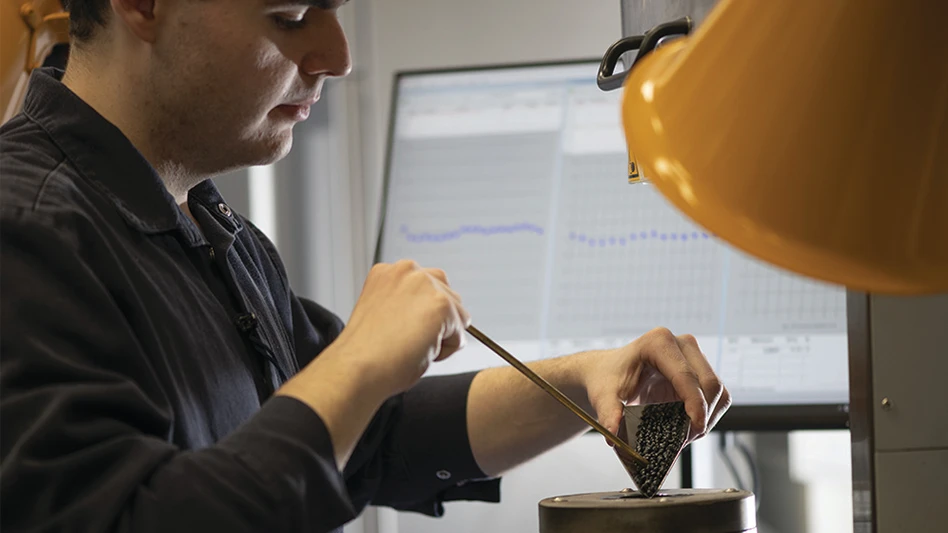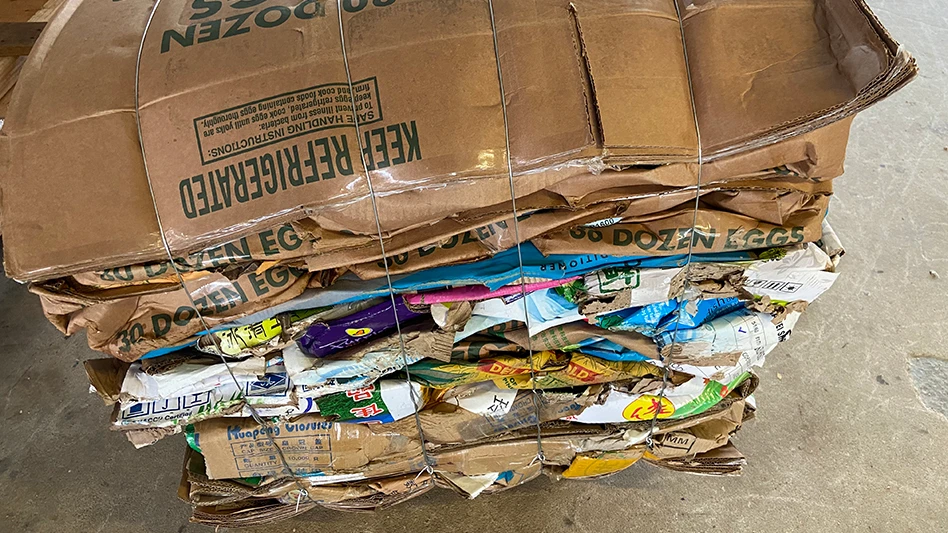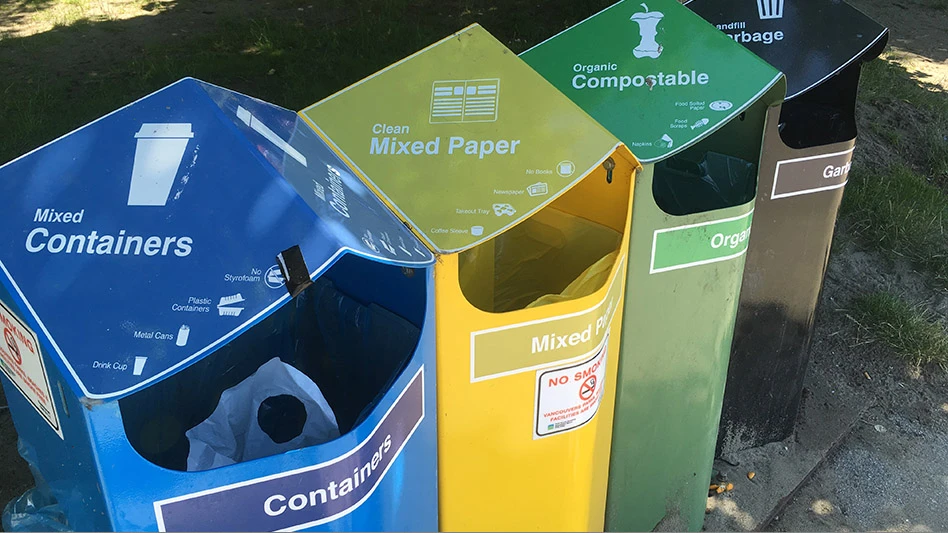While plastic scrap generation appears to be increasing in tandem with scrap demand, escalating shipping costs and tighter truck availability are affecting the profitability of some recyclers.
A reprocessor in the Southeast says, “Trucking is horrible right now.” She adds that the driver shortage and new government regulations affecting the amount of time truckers can spend behind the wheel in a week are making it “nearly impossible” to schedule any deliveries for Monday mornings.
These updated federal regulations went into effect July 2013 and limit a trucker’s work week from 82 hours to 70 hours. They also require a 34-hour “restart” period that extends over two nights (which must include periods from 1 a.m. to 5 a.m.) after working 70 hours and mandate a 30-minute break in the first eight hours of a shift.
“Everyone is struggling to meet appointments,” she says as a result of the requirements.
In terms of cost, she says trucking firms are charging “pretty much whatever they want to.”
These rising transportation expenses are beginning to have an effect on material pricing, the reprocessor says. “PE (polyethylene) pricing went up, not because of raw material costs but to help producers with the higher costs of shipping,” she says. “That’s the first ever I’ve known of this occurring, and there wasn’t any resistance.”

The reprocessor adds, “Freight costs are eating into profits at an alarming rate.”
Unfortunately, it will be some time before shippers of secondary plastics will see some relief as domestic produce growers ramp up their shipments this time of year. The reprocessor in the Southeast notes that domestic produce season is already making it more difficult to book trucks as of mid-June.
Add to that escalating fuel costs, and the picture looks even bleaker for reprocessing companies that are trying to cost-effectively transport their products to customers in the near term.
In more positive news, the reprocessor notes that demand for injection-grade HDPE (high-density polyethylene) and HMW (high molecular weight) HDPE has increased. However, she adds, demand for these grades was very slow in previous months.
She adds that increased automotive production and the manufacturing of parts needed to rectify large automotive recalls also are contributing to increased demand for recycled plastics.

Explore the July 2014 Issue
Check out more from this issue and find your next story to read.
Latest from Recycling Today
- Commentary: How EPR is transforming the packaging industry
- Acerinox names new North American Stainless CEO
- Greenwave closes 2024 books with red ink
- Steel Dynamics nets $217M on record shipments
- Massive Chinese steelmaking rebound recorded in March
- LME looks into sustainable metal pricing
- OnePlanet Solar Recycling closes $7M seed financing round
- AMCS launches AMCS Platform Spring 2025 update






